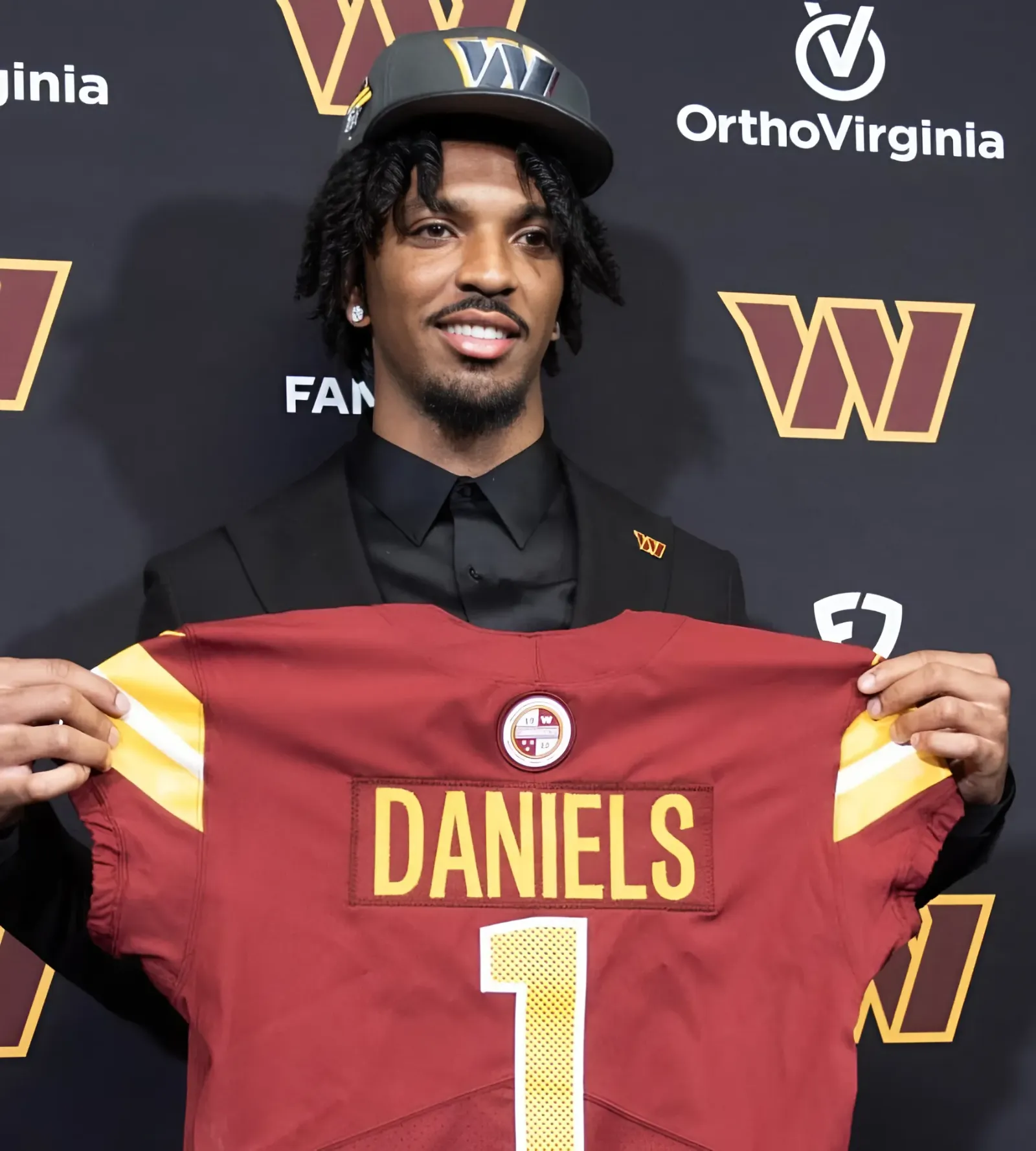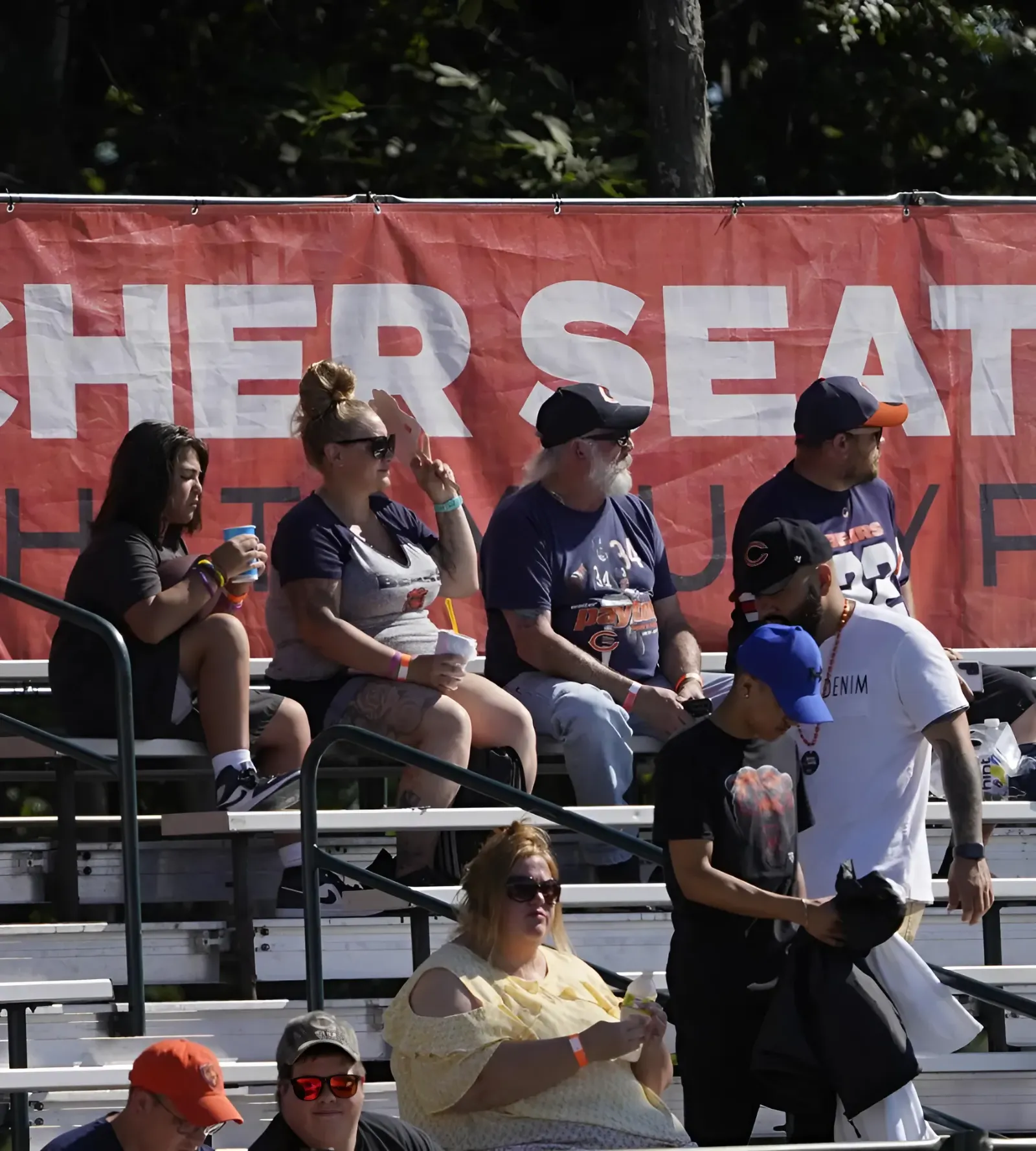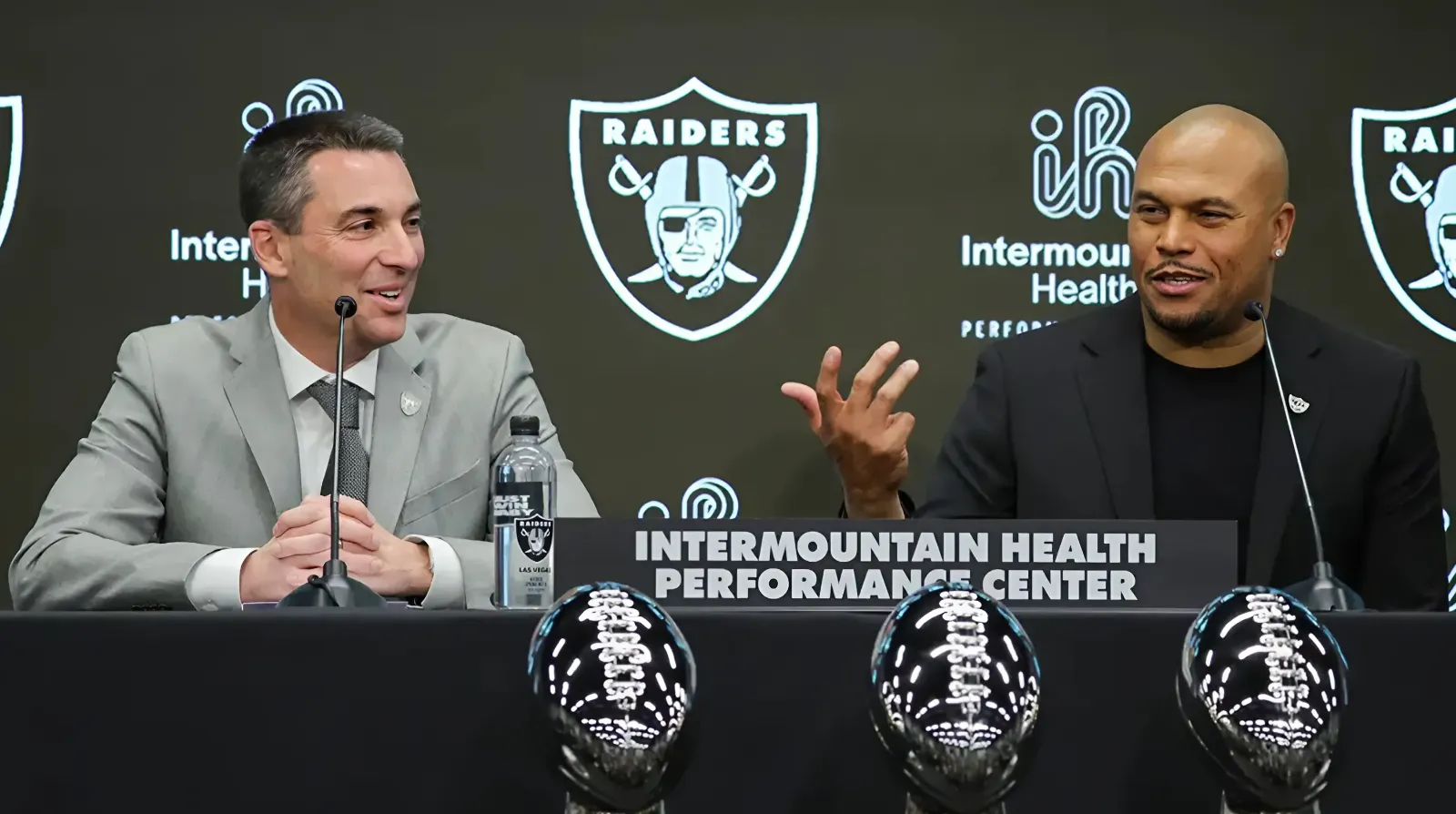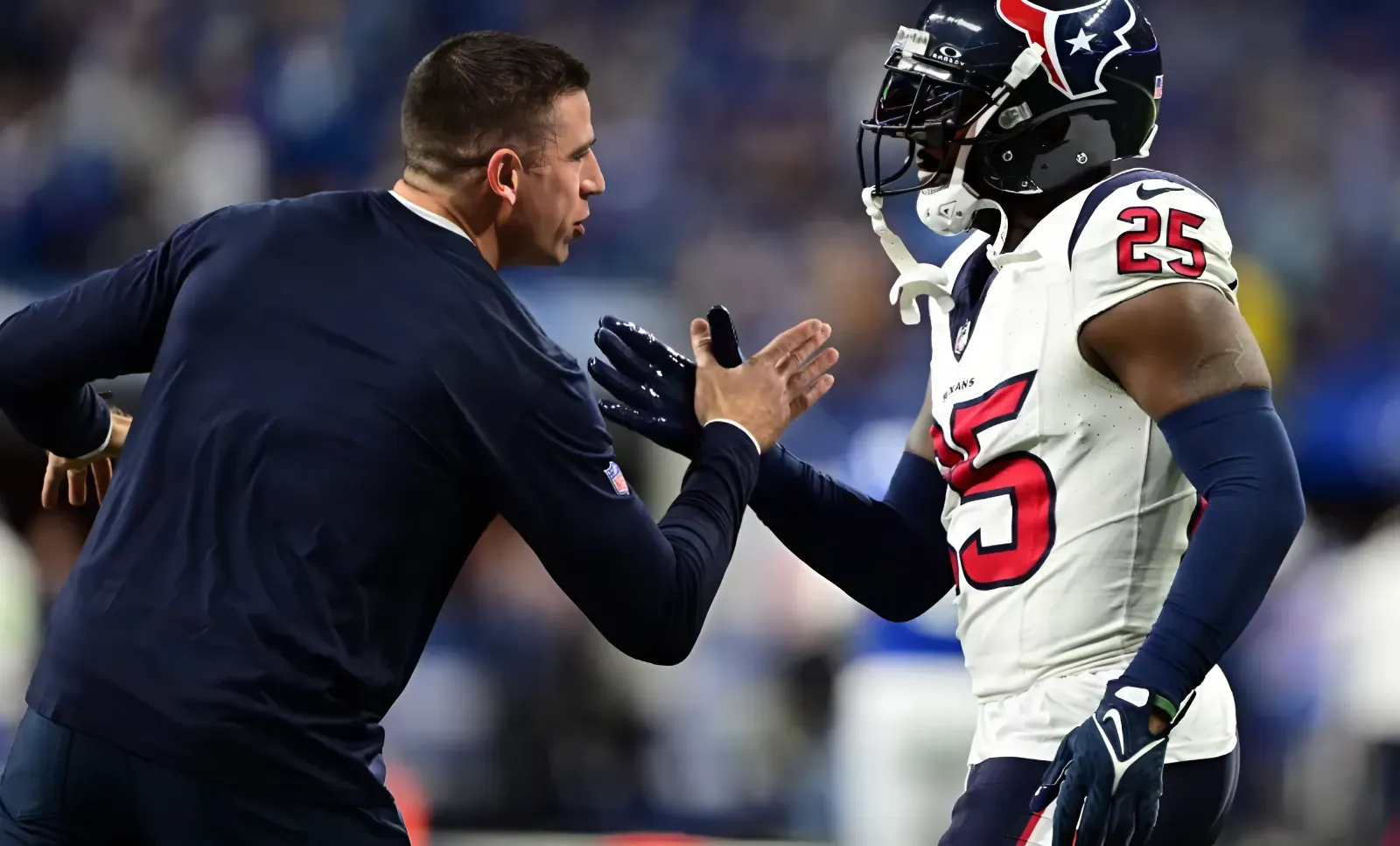The Red Sox offseason has been slow in terms of actual transactions to this point, with Boston’s only major league addition coming in the form of veteran reliever Justin Wilson, who signed a one-year, $2.25 million contract Thursday. But questions should soon start becoming answers as deadlines force action on the free agent market.

Nick Pivetta's qualifying offer decision is due early next week. (AP Photo/Michael Dwyer)AP
One important date on the calendar is Tuesday, when at 4 p.m. ET, players who were given qualifying offers by their former teams must either accept (and re-sign for one year at $21.05 million) or decline, assuring that any team that signs them will have to forfeit a draft pick (or two) to do so. This year, 13 players received the offer, including — in a surprise — Red Sox righty Nick Pivetta.
By Tuesday afternoon, Pivetta and his representatives at CAA must tell the Red Sox what they plan to do. Unlike the easy decisions facing top free agents like Juan Soto, Alex Bregman, Corbin Burnes and Max Fried, Pivetta’s is not a no-brainer. ESPN’s Jeff Passan reported last week that Pivetta is expected to decline the QO and sign a multi-year deal elsewhere, potentially soon. But at this point, the door is still open for him to accept and return to the Red Sox for $21.05 million salary in 2025.
So what will he do? Here’s a case for each option.
WHY PIVETTA MAY ACCEPT:
Put simply, $21.05 million is a massive raise (nearly 3x) from the $7.5 million Pivetta earned last year and an overpay for someone who posted a 4.14 ERA (4.07 FIP) in 145 ⅔ innings while striking out batters (10.6 K/9) and allowing homers (1.7 HR/9) at high rates in 2024. That salary would have been the third-highest on the team last year, behind only Rafael Devers and Trevor Story. It’s a shiny, enticing number for Pivetta, who has never had an ERA under 4.04 in a single season and has made less than $17 million as a big leaguer.
The qualifying offer forces teams and players to start exchanging offers and counteroffers early in the offseason, so Pivetta and his agents surely have a good idea about his market. If offers from other clubs are falling short of matching $21.05 million on an average annual basis, he could bet on himself and return for 2025 at that price (though it’s worth noting Passan doesn’t think that’s the case). Pivetta, despite being inconsistent on the mound, has thoroughly enjoyed his time in Boston and on an emotional level, would love to return. The Red Sox, by making him the qualifying offer, have to be comfortable with the possibility he’d accept it.
Another complicating factor that could push Pivetta toward returning is his market potentially being impacted by having a draft pick attached. That’s not something to take lightly. Teams value those picks, for obvious reasons, and might have a hard time giving a mid-rotation starter a significant deal while also mortgaging some of their futures. The compensation price is a steep one, too, for some of the teams linked to Pivetta. The Cubs, Braves and Astros, all competitive balance tax payers in 2024, would have to forfeit their second and fifth draft picks to sign him while forfeiting $1 million in international bonus pool money. A team like the Orioles (Passan linked them as well) would forfeit their third-highest pick after receiving revenue sharing. With the QO attached, the cost of Pivetta extends past the dollar figure and that could scare some teams off.
WHY PIVETTA MAY DECLINE:
Teams love upside, and Pivetta, who turns 32 in February, is seen throughout the industry as someone who has still not reached his ceiling despite a big league body of work that spans 1,029 ⅓ innings. His pitch mix and metrics suggest he could emerge as a top-line starter even if that has not materialized quite yet.
That means, as Passan suggested, teams are likely willing to make a big bet on Pivetta, paying him for potential instead of past results. Any offers that guarantee three or four years for more than $20 million are obviously more enticing than the one-year option. If Pivetta gets offered anything close to the three-year, $63 million ESPN projected for him, it’ll be an easy call to turn down the qualifying offer. He should know by now if that’s likely to be the case and proceed accordingly.
Pivetta turning down the qualifying offer doesn’t mean he’s certain to leave the Red Sox but considering the team’s desire to add to the front-end of its rotation, a reunion would appear unlikely. The Sox would likely be thrilled to recoup a draft pick by letting Pivetta sign elsewhere.



